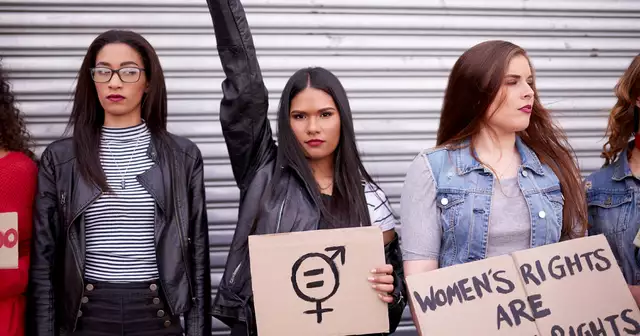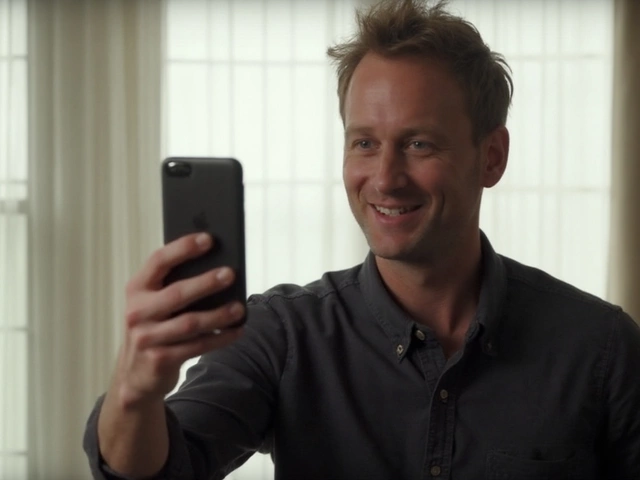Northamptonshire Twitter Post Lands Lucy Connolly in Prison
You probably didn’t wake up expecting to hear about a childminder going to jail over a tweet, yet that’s exactly what just happened. Lucy Connolly, 41, wife of a Conservative councillor in Northamptonshire, has been handed a hefty 31-month prison sentence after she posted an incendiary message on X (Twitter) back in August. Her post, viewed 310,000 times before it vanished, called for violent mass deportations and even suggested arson attacks on hotels housing asylum seekers. The timing was especially volatile—misinformation about a tragedy in Southport had just gone viral, with fake claims that pinned the blame on an asylum seeker. Connolly's words added gasoline to a fearful and already agitated online crowd.
Connolly admitted to distributing threatening material. The judge at Birmingham Crown Court made it clear that her actions didn’t exist in a vacuum. Those hotels and their residents were already attracting attention from people wanting to retaliate for things that hadn’t even happened. By amplifying anger with explicit threats, she crossed the threshold into criminal behaviour. The court said that the climate she inflamed had led to real-world attempts at violence against vulnerable people. Connolly will serve 40% of her sentence behind bars before being eligible for release on licence. While her husband and family have stayed out of the spotlight, the shockwaves from her sentencing haven’t settled.
International Backlash and Free Speech Tensions
Things took a wild turn when Charlie Kirk, a well-known US conservative activist with a big following and a close connection to Donald Trump, threw his weight behind Connolly. Kirk went straight to social media, blasting the UK justice system and claiming the punishment was a full-on attack on free speech. He said that even an ugly message like Connolly’s wouldn’t get someone locked up in America. For Kirk, this wasn’t only about one person’s tweet – it was about what kind of society Britain wants to be. He even declared he’d talk to the US State Department and reach out to Trump’s team if needed, painting the case as a clash between free societies and what he called authoritarian overreach.
This isn’t just a UK story anymore; it’s become global. Experts and campaigners have jumped in from all sides, from lawyers defending anti-hate speech laws to activists raising alarms about the chilling effect on expression. Some legal analysts pointed to the difference in American and British laws—whereas US law fiercely protects most types of speech, even the hateful stuff, UK law sets a line at speech that can lead to violence or stoke real-world hatred. In the wake of Connolly’s sentencing, there’s fresh debate about whether those boundaries are in the right place, especially with public anger often feeding off social media algorithms.
The story also exposes how fast misinformation spreads online and turns into viral outrage, fueling real danger for vulnerable communities. The Southport tragedy, which triggered Connolly’s tweet, was already wrapped in false reports before her post escalated things. Legal voices at the sentencing stressed that context: it wasn’t just the message, but when and how it was broadcast. The court feared it could inspire people already on the edge to tip into violence. That’s the balancing act the UK faces—stopping hate from morphing into harm, while not slipping into policing thought itself.
So far, Connolly's own voice is missing from the public debate, beyond her guilty plea. Meanwhile, her case keeps stirring up anger, support, and fresh questions about where free speech ends and real-world risk begins. What happened in a few lines on a screen now echoes from Birmingham to Washington.




